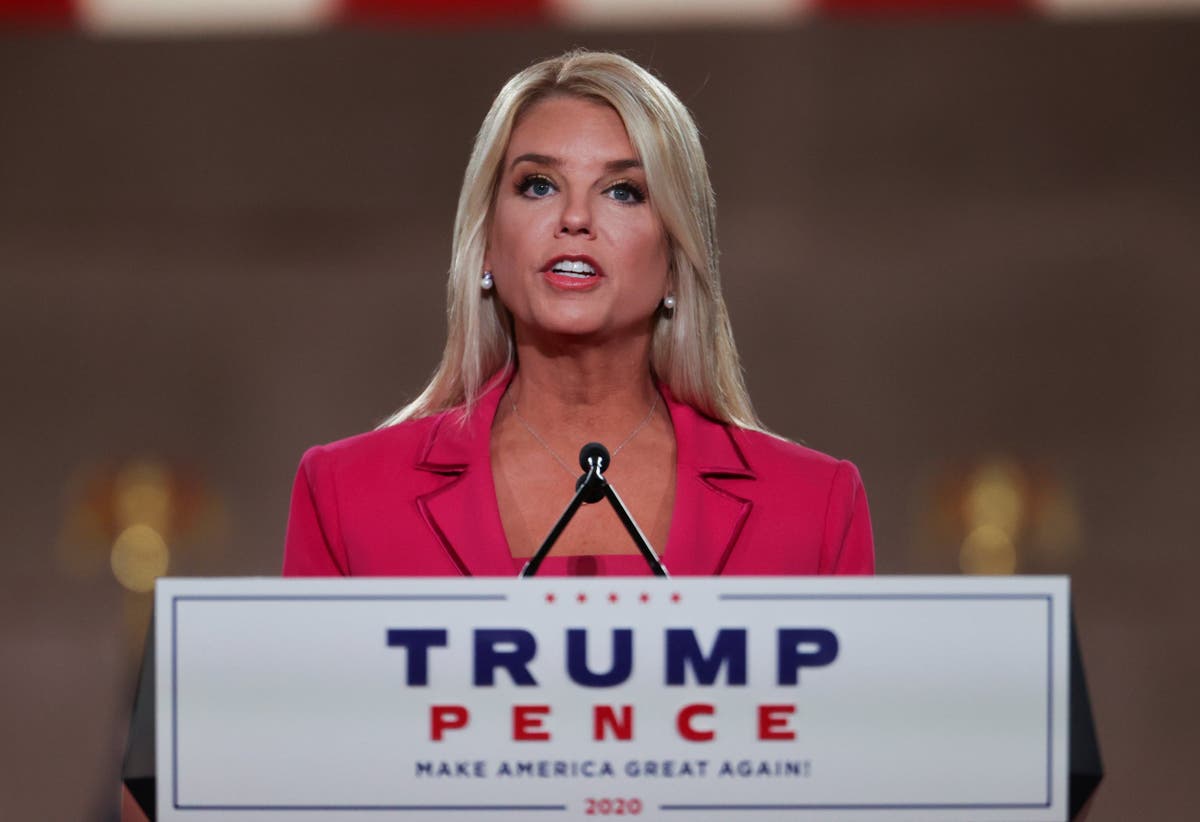
Only 131 days have passed since President Joe Biden’s disastrous presidential debate set off a chain of events that forced him from the race and reshaped the battle for the White House. The intervening four months has been one of the more frantic campaign stretches in recent memory – marked by everything from assassination attempts to hurricanes. Whichever candidate wins will make history, for better and worse.
Vice President Kamala Harris would become the first woman, first person of Indian descent, and just the second Black president. She would also be the first major-party presidential nominee in more than a half-century to get there without first having to run the gauntlet of a primary campaign. Former President Donald Trump would become just the second president in U.
S. history to return to office after losing – and the first since Grover Cleveland in 1892. He also would be the first convicted felon to assume the presidency.
In the era of modern polling, a presidential race has never appeared this close. Polling averages have regularly missed the actual result in recent presidential cycles. This year, there’s a real chance that polls could be understating the support for either candidate.
A disaster of a debate. A party in panic. A nearly successful assassination attempt of a former president on the eve of his party convention.
A candidate switcheroo. Another assassination attempt. A hurricane that devastated swaths of two key swing states.
The successful hacking of one campaign and an aggressive disinformation campaign against the other – linked by investigators to Iranians and Russians , respectively. A deluge of dire warnings from both candidates about grave damage to the country if the other side wins. If this election was the third installment of a movie series, critics would say it had jumped the shark.
Only 131 days have passed since President Joe Biden’s disastrous presidential debate set off a chain of events that forced him from the race and reshaped the battle for the White House. The intervening four months – especially the 107 days since he dropped out of the race and endorsed Vice President Kamala Harris as his replacement on the ticket – has been one of the more frantic campaign stretches in recent memory. Whichever candidate wins will make history, for better and worse.
Ms. Harris would become the first woman, first person of Indian descent and just the second Black president. She would also be the first major-party presidential nominee in more than a half-century to get there without first having to run the gauntlet of a primary campaign.
Democrats fell in line fast behind Ms. Harris’ campaign following Mr. Biden’s late departure and immediate endorsement.
The last candidate to be nominated by a major party without winning over its voters in primary elections was Democrat Hubert Humphrey, who went on to lose the presidency to Richard Nixon in 1968. Former President Donald Trump would become just the second president in U.S.
history to return to office after losing – and the first since Grover Cleveland in 1892. He’d also become the oldest president to enter office – he turned 78 in June and would be a few months older than President Biden was when he was inaugurated in 2021. He also would be the first convicted felon to assume the presidency, having been found guilty of 34 counts of falsifying business records related to hush-money payments to keep adult film star Stormy Daniels’ allegations of an affair under wraps.
The judge in that New York case delayed sentencing until Nov. 26. That date looms if Mr.
Trump loses this election. It’s likely that two other criminal cases against Mr. Trump for his actions following the 2020 election – one a federal case, the other in Georgia – would begin to move once again as well.
The specter of legal peril – and likelihood that if he wins it all goes away – raises the personal stakes of this election for the former president in a way that’s never existed before in American politics. Ms. Harris’ late entrance into the race, and Mr.
Trump’s well-defined image from four years in office and a decade in the political arena, made for an unusual dynamic where both candidates sought to claim the change mantle. Mr. Trump and his team fought hard to tie Ms.
Harris to Mr. Biden and voters’ frustration with the high inflation that cropped up during his term, running ads with clips of her praising Bidenomics. They also sought to paint her as an extreme liberal, spending heavily on ads with clips of her during her 2019 presidential primary calling for federal prisons to offer gender-affirming care to transgender inmates.
Those ads concluded with the line “Kamala is for they/them. President Trump is for you.” They also hammered her on border security, citing the high number of border crossings for much of the Biden-Harris administration.
Ms. Harris’ team prioritized introducing her to voters early in the race. Their first ads focused on her middle-class upbringing and sought to improve voters’ views of her economic priorities with spots promising she’d work hard for the middle class.
She also pivoted hard on immigration, with ads highlighting her work as California attorney general prosecuting transnational gangs. Her campaign attacked Mr. Trump for appointing the Supreme Court justices who ended the longstanding national right to abortion access, while flaying him for promising more tax cuts to the wealthy in a second term and highlighting the numerous former Trump administration officials who have said he shouldn’t be given another term in office.
The final weeks of the campaign brought a sharp contrast in tone. Mr. Trump faced heavy criticism for a campaign rally at Madison Square Garden in New York City where he and multiple other speakers used harsh, controversial rhetoric – with one line from a comic calling Puerto Rico a “floating island of garbage” breaking through.
On Sunday, Mr. Trump seemed to joke about journalists being killed and said he “shouldn’t have left” office in 2021. Ms.
Harris delivered her closing message with a carefully orchestrated rally on the National Mall where she rhetorically reached across the aisle – and an ad in which she promises to be a “president for all Americans.” In the era of modern polling, a presidential race has never appeared this close. Polling averages have regularly missed the actual result in recent presidential cycles.
This year, there’s a real chance that polls could be understating the support for either candidate. They might be missing supporters of Mr. Trump who aren’t eager to interact with establishment pollsters.
Or they might be underestimating Ms. Harris’ coalition, possibly missing support from abortion-rights women furious over the U.S.
Supreme Court’s decision to overturn Roe v. Wade. But if the polls are right, it could take a long time to figure out who won this race, especially in key swing states like Arizona, Pennsylvania, Wisconsin, and Nevada where counting ballots can take longer.
And if Ms. Harris narrowly prevails, Mr. Trump and his team have signaled that he is likely to claim victory on election night, and as in 2020 may try to overturn a close election loss.
That would mean the 76 days from now until the presidential inauguration could be even more turbulent than the past few months..














